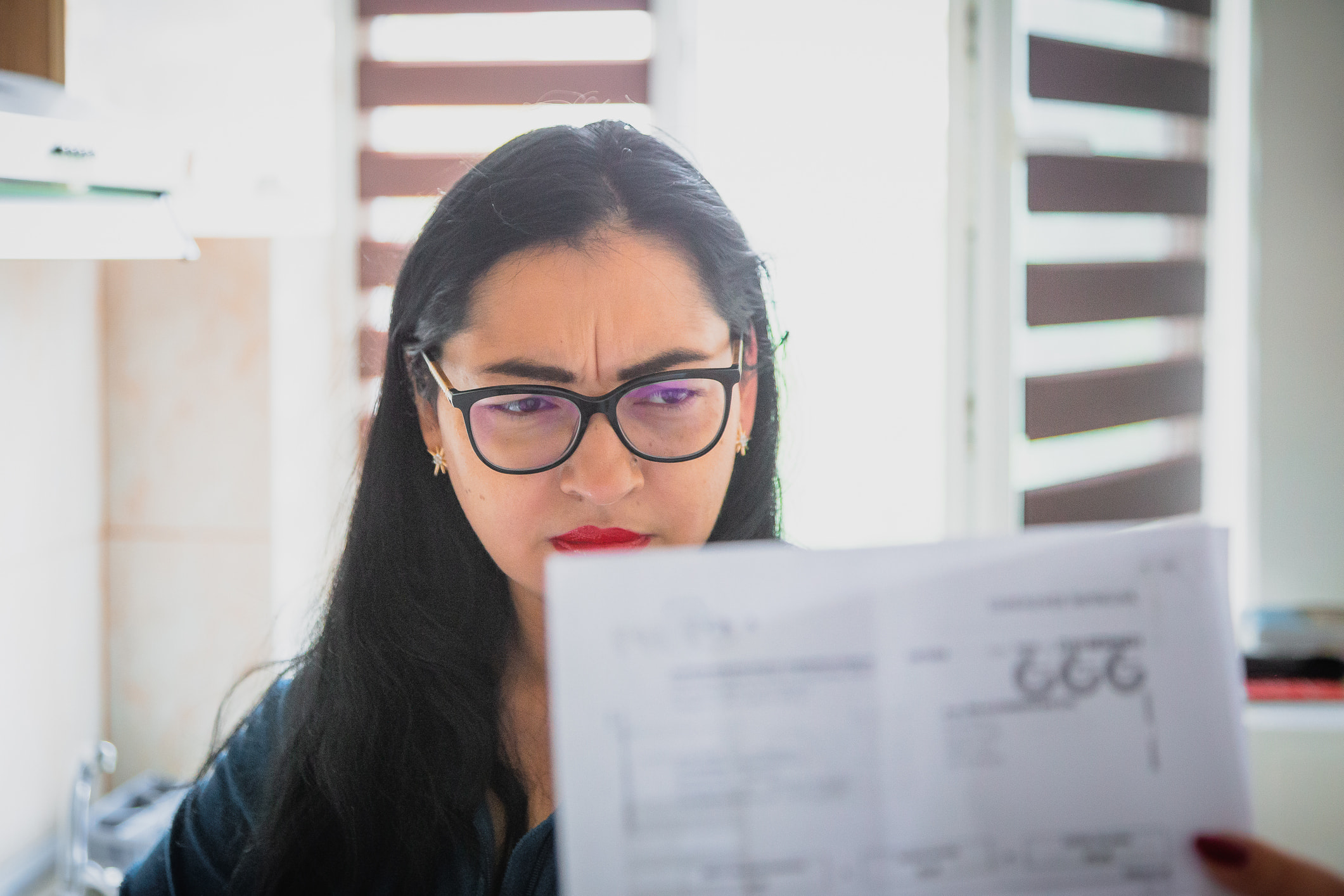Saving for retirement is something that a lot of people put off. Balancing the cost of living with other savings goals often means that retirement falls to the back of people’s priority lists. However, the best time to be thinking about retirement is right now.
The question is: How much do you need to save for retirement? While there isn’t a set figure or income percentage that applies to everyone, there are some rules of thumb that you can follow to ensure your retirement is as comfortable as possible.
How much do you need to save for retirement?
The current rule of thumb is to save at least 15% of your pre-tax income, according to Fidelity. This might initially seem like a huge amount, but remember that this includes any 401(k) employer match you already receive.
The 15% figure is based on the assumption that you start saving from the age of 25 to 67 and that you will need an estimated 55% to 80% of your pre-retirement income to enjoy a comfortable retirement.
Fidelity also suggests that just 45% of your retirement should come from savings. Some of your retirement pot will come from your employer contributions, and some will come from Social Security, so you won’t necessarily need to save up the full amount by yourself.
Based on those assumptions, a figure of 15% of your income is a good rule of thumb to stick to. However, if you begin to save for retirement later on in life, you will need to increase that percentage to stay on target, which leads us to the next important question…
When should you start saving for retirement?
As the saying goes, the best time to plant a tree was 20 years ago, and the second best time is today. The same goes for retirement. The earlier you can begin saving towards your retirement, the better and the less you’ll have to set aside each month.
Ideally, you should start saving for retirement before the age of 30. In fact, according to T. Rowe Price, you should have at least half of your salary saved by the age of 30 and one and a half times by the age of 35.
The reason saving earlier is recommended is because your retirement savings will benefit from compounding gains over the years. If you begin saving later in life, your savings will simply have less time to grow. If you have not yet started saving, try not to worry too much. It’s better late than never, and any saving is better than none at all.
To stay on track for retirement, you may need to save a greater proportion of your income if you start later in life. Fidelity recommends that you save the following percentages of your pre-tax income if you have no previous retirement savings:
Age 25: 15%
Age 30: 18%
Age 35: 23%
To see if you are on track with your retirement savings, you can try out the T. Rowe Price retirement calculator. It’s best to do this sooner rather than later so you can make any necessary adjustments.
How to save for retirement
With the cost of living rising, saving for retirement has become even harder. Here are some ways to increase your retirement savings.
Take advantage of employer contributions
If you haven’t already taken advantage of an employer 401(k) plan, your first step is to do so. Using a 401(k) plan lets you reduce your tax burden as you save for retirement, and because your savings are taken automatically before you get your paycheck, you don’t have to think about it.
Many employers will match their employee’s contributions, so check if yours does to boost your savings further.
Make cutbacks and invest the savings
Another way to boost savings is to make cutbacks on your expenses and invest the savings into retirement.
Cutting out small unnecessary purchases can add up once you start tucking that money away into a retirement account each month. Every little bit helps, so making cutbacks on things like online subscriptions, meals out, and expensive vacations can help.
Clear debts and invest the savings
Another thing you can do is prioritize repaying any debts that are weighing you down. Putting so much money into paying off debt is money that you could be putting toward your retirement instead. Try to increase your repayments each month to avoid paying high-interest rates for longer.
Rethink your job/career
If your retirement projections are lower than you’d like, the next thing you should look at is increasing your salary. Sometimes the best way to do this is to ask for a pay raise, and if that fails, look into finding a new job.
Alternatively, you could even consider a career change or reskilling to boost your income potential and overall net worth in another industry. By having more liquid cash now, you can increase your savings and have a better retirement to look forward to.
Automate your savings
If you’re worried about forgetting to save for retirement, it’s a good idea to set up regular automatic payments for your retirement accounts. The idea is that once you get paid, your bank will automatically set aside a portion of your income for retirement without you even thinking about it. That way, you’re not left with the decision of whether to save each month. It’s already done for you.
How much do you really need to save for retirement?
The real answer to how much you need to save for retirement is that it depends. It depends on your current income, your expenses in the future, your living situation, current assets and net worth, your health, and when you want to retire.
The best way to figure out how much you need to have saved by the time you retire is to factor all of these things into your calculations so you can save according to your own needs.


